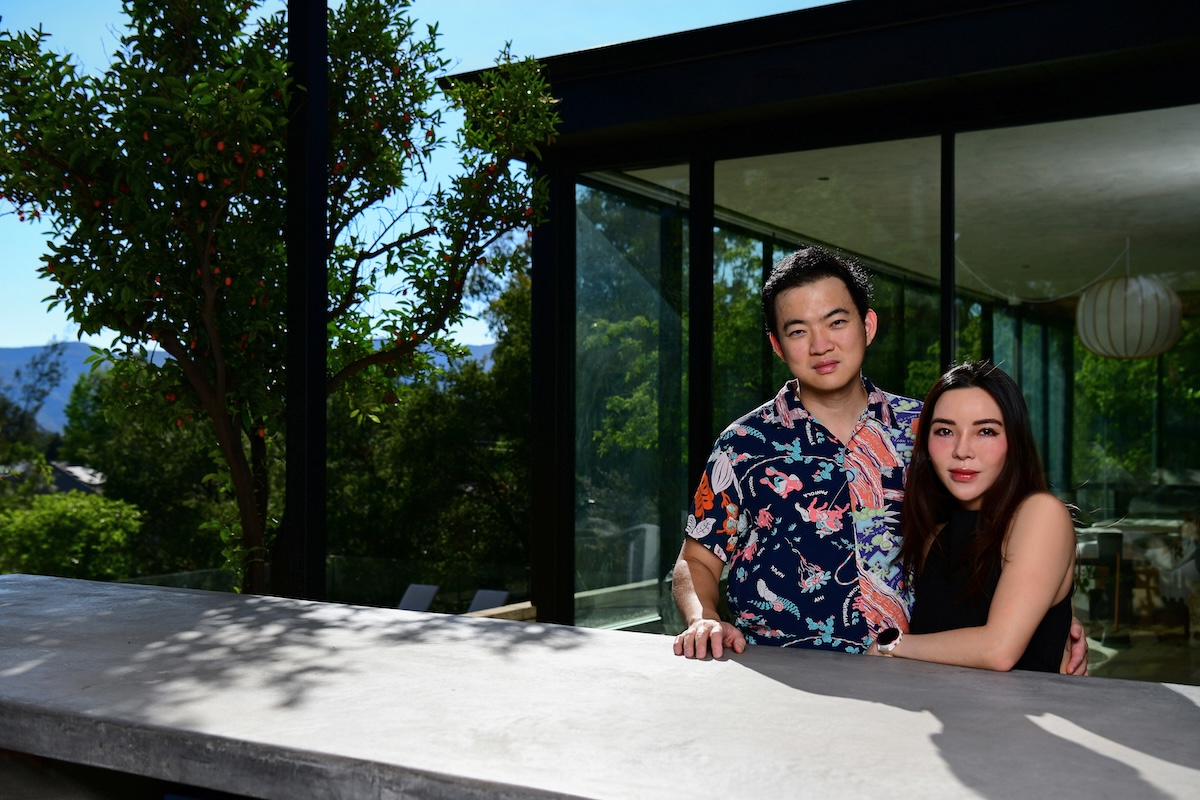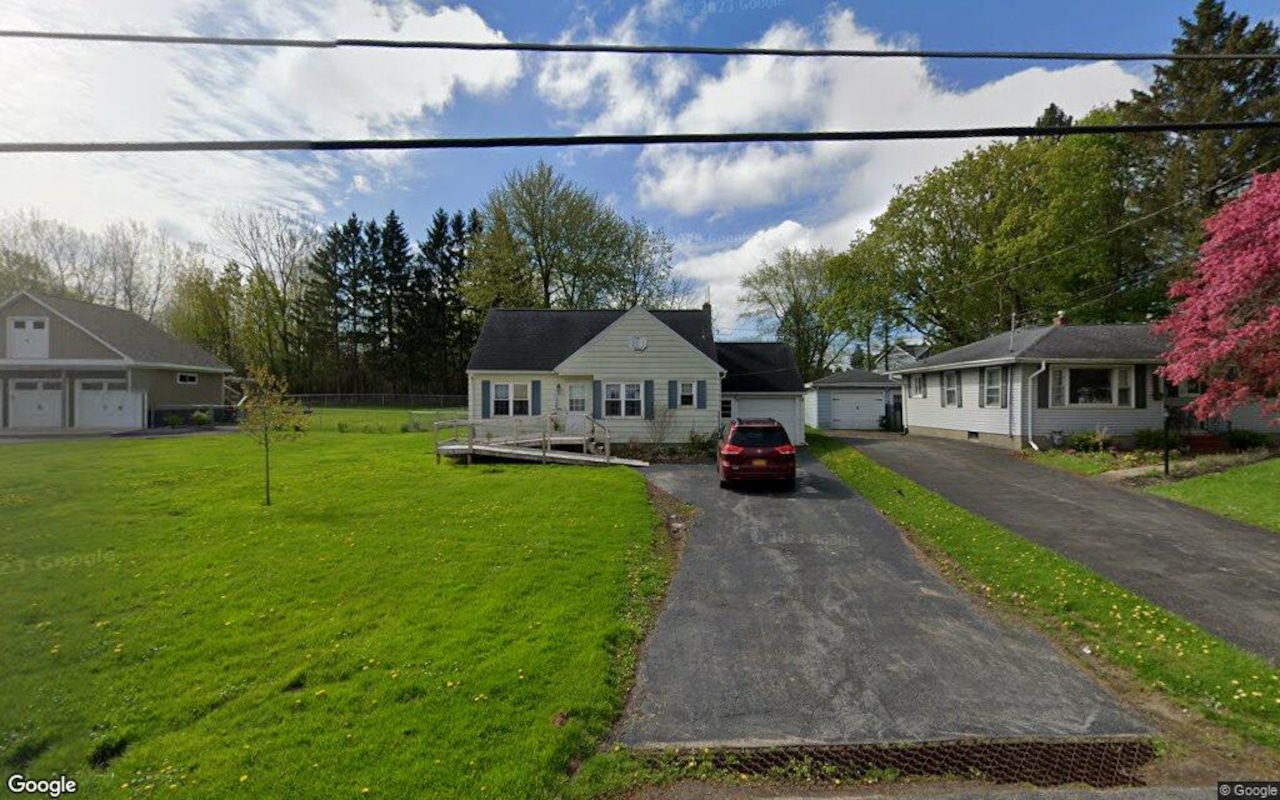A
manda Gunawan and Joel Wong, both Singapore natives, launched OWIU Design in 2018 on Los Angeles’ downtown strip. Their goal was to fuse Asian design sensibilities with forward‑thinking solutions that meet the region’s real‑estate demands. Since then the firm has secured more than 90 bookings and delivered over 20 projects, from the senior‑living complex Little Tokyo Towers to the Korean eatery Baroo, the For the Win Hollywood Hills burger joint, and a series of single‑family homes.
OWIU’s practice spans residential, commercial, hospitality, retail and public‑sector work. It also owns Inflexion Builds, a construction arm that keeps the studio’s design vision intact during execution. By controlling both design and build, OWIU can prototype new joinery techniques and material treatments, ensuring quality and efficiency while reducing waste.
The firm’s name—OWIU, short for “Only Way Is Up”—was chosen to convey optimism, progress, and a commitment to continual improvement. The phrase has become both a motto and a guiding philosophy: every project is a chance to learn, challenge norms, and push ideas forward. Architecture, for the duo, is not merely about aesthetics; it’s about elevating everyday rituals, inspiring communities, and creating momentum in people’s lives.
Diversity is central to OWIU’s ethos. In a city as varied as Los Angeles, the built environment must reflect the needs and values of all residents. A team that mirrors the city’s cultural mosaic can avoid imposing designs that feel alien to their users. Designers from dense Asian cities bring a different spatial logic than those from suburban backgrounds, and blending these perspectives yields flexible, adaptable solutions that resonate with a broader audience.
Cultural heritage also informs the firm’s aesthetic language. Joel’s Singaporean Chinese background and Amanda’s own heritage shape a design approach that balances tradition with modernity—serenity with vibrancy, lightness with weight, natural textures with contemporary form. This is evident in the Silver Lake quadruplex renovation at 2333 Duane St., where the team added a wellness wing inspired by Japanese ryokans, using Douglas fir and glass to create a meditative retreat amid a dense neighborhood. The result honors mid‑century Los Angeles heritage while infusing authentic cultural narratives.
Sustainability at OWIU is viewed through the lens of longevity. The firm selects materials that age gracefully and designs spaces that remain relevant for decades. In residential projects, orientation studies, deep overhangs, cross‑ventilation, and daylighting reduce energy demand. Little Tokyo Towers, a senior‑living complex for a primarily Japanese‑American community, features low‑VOC finishes and layouts that maximize daylight, improving indoor air quality and residents’ mental well‑being. Inflexion Builds further supports sustainability by managing material sourcing, cutting waste, and ensuring that eco‑friendly practices carry through from design to construction.
Little Tokyo Towers exemplifies OWIU’s belief that design is a form of dignity, not a luxury. The project’s light‑filled communal areas, warm natural finishes, and subtle nods to Japanese architectural traditions honor cultural heritage while uplifting residents’ daily experiences.
The firm’s core sectors are residential and hospitality. It has completed numerous single‑family home renovations and mid‑century modern restorations, such as the Glass Ridge House by Ray Kappe. In hospitality and retail, notable projects include Baroo and Veja’s Abbott Kinney store, where storytelling and brand identity guided every design decision. OWIU is also involved in rebuilding homes destroyed by fire in Pacific Palisades and Altadena.
Looking ahead, the duo aims to expand into multifamily housing and public projects. Los Angeles urgently needs developments that balance density with livability, and OWIU’s integrated design‑build model can deliver scalable, sustainable, and human‑centric solutions. Civic spaces—libraries, museums, cultural centers—are also on the radar.
Client acquisition remains rooted in community and word of mouth. Many clients discover OWIU through social media, local networks, or by experiencing completed projects. The studio’s “design therapy” approach—deep conversation, empathy, and early visualizations—builds trust and alignment from the outset. The integrated model, with design led by the studio and execution by Inflexion Builds, allows OWIU to manage multiple projects while maintaining design integrity and schedule control.
Future plans include broadening the firm’s scope beyond architecture. OWIU Goods, a home‑ware line, already extends the studio’s design ethos into everyday objects. The long‑term vision is to shape how Los Angeles densifies, offering an integrated, sustainable, and culturally sensitive practice that addresses climate change, housing shortages, and migration challenges.














